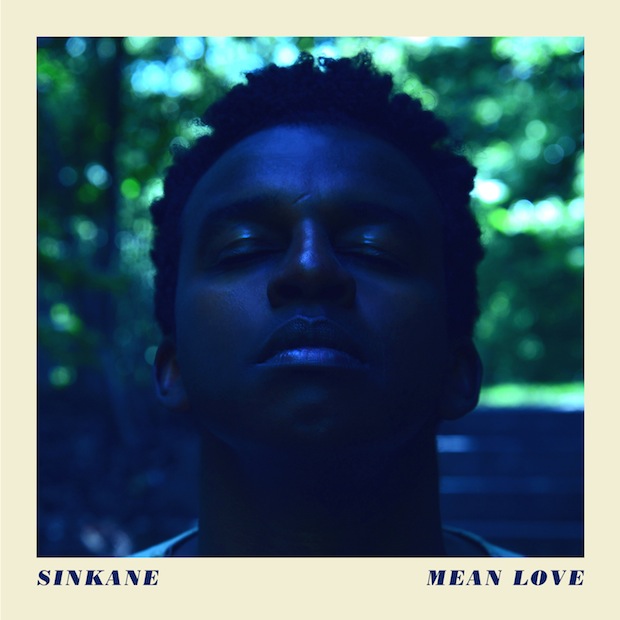The music that Ahmed Gallab makes under the moniker Sinkane has always been deceptively pleasant. Hiding layers of complexity beneath its often-gorgeous exteriors, it's a moving target that escapes definition through its sheer likability. The latest Sinkane album, the brilliant Mean Love (DFA, 2014), is no exception. Buoyed by Ahmed's falsetto, carried by aching tones of pedal steel guitar, and carefully driven by the tight interplay of the rhythm section, it's all too easy to find yourself suddenly at the end of its 10 tracks unsure of how you got there.
This isn't intended to be a criticism. Instead it reflects the care with which Ahmed and his collaborators have focused on the sound of the record, resulting in a set of encompassing grooves unafraid to use the potential of their mid-tempo space to its fullest. Whether on the slick lovers rock style reggae of "Young Trouble" or the dark bass and organ sway of "Hold Tight," Mean Love maintains a tight, nearly microscopic focus on the physical qualities of its sonics, a lush attention to detail that connects the record's organic grooves to the more electronic dance music that the DFA label is best known for. This is a music-making aesthetic that runs deep within Sinkane's back catalog, traceable from his work with groups like Caribou and Yeasayer to the wild drone and drum workouts that defined 2008's Color Voice through the rootless cosmopolitanisms of Sinkane's 2012 DFA debut, Mars.
The songs on Mean Love seem to float somehow, as if they were gently coming apart before the listener's ears. Playing the album for the umpteenth time, its pleasures come to lie in specific moments, sudden instants when its elements align into startling clarity: the way that the aching chorus of "Mean Love" is undercut by Beatles-style guitar chops and the low-end buzz of organ, or how the bursts of country & western pedal steel swirl around the rattling hand percussion of "Galley Boys." The lyrics of the album appear the same way, breaking into full consciousness sparingly, a phrase here, a line there. The cumulative effect depicts a world of intensely felt emotion, a landscape of sudden discovery, either in others or oneself. "It's been some time since I have seen your face/Seems we have both gained some weight," Ahmed croons over the flutes and handclaps of "How We Be," while songs like "New Name" and the closing track "Omdurman" double as descriptions of travel and maturity, asking for home or begging for the familiarity of a known word on the tongue.
As was true of its predecessor Mars, Mean Love is built on a remarkably varied palette, pulling pop moves from traditions around the world. Everything from country & western to Ethio-jazz turns up, with stops along the way among the more familiar sounds of reggae, Motown, and Curtis Mayfield-style funk. This kind of genre-hopping isn't particularly uncommon these days--what sets Mean Love apart is the extent to which these fusions feel natural, intimately tied to the form and meaning of the songs rather than impositions grafted onto them. The result is a series of seemingly counter-intuitive connections that consistently work, revealing similarities of form and intention in music usually kept continents apart, offering the thrill of the rolling horns of Ethiopian pop married to a Motown-style groove on "Obdurman," or the way that pedal steel unexpectedly pours around the bossa guitars of "Moonstruck."
In a recent interview with Afropop, Ahmed credited his wide-ranging musical tastes to the rapid moves of his youth, and to his travel-born habit of zeroing in on the music of a new place as the best way to understand it. It is music as a, perhaps the, means of connection, of finding a place in the world. And ultimately, this is an album about just that. Written with a candor far beyond anything in the group's previous work, Mean Love derives much of its emotional power by playing with the metaphorical linkages between physical travel and emotional transformation, tying together multiple questions of identity in a way that elides the space between the personal and the universal.
That's obviously a lot to put on an album, and you don't need to hear any of this (or agree with it) to love this music for its clear pleasures. Listen to Mean Love because Ahmed has a great voice, the band kills, the songs are great and the production is terrific. But if you get caught up in these tracks? You have an explanation for why.








